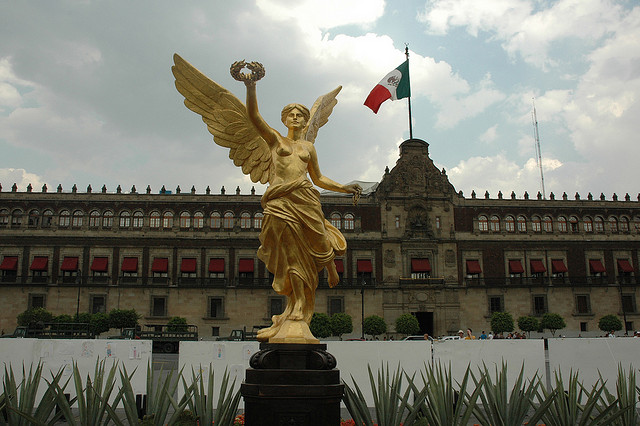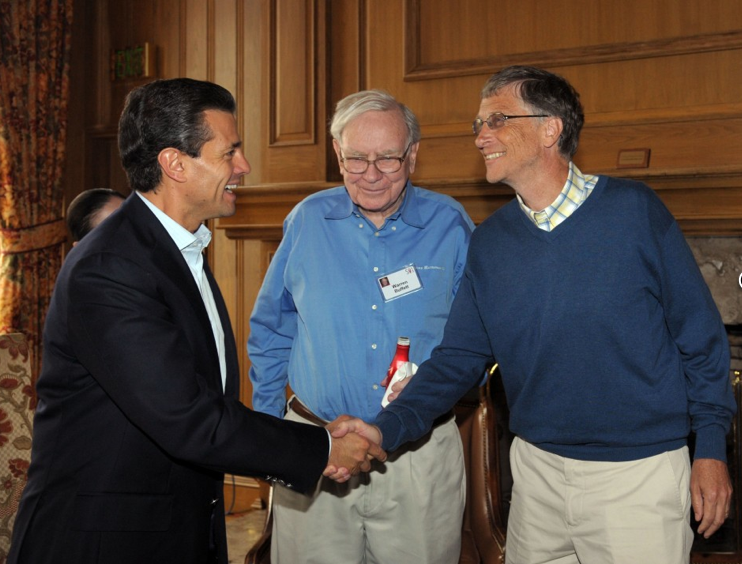There is a natural tendency to benchmark Mexico with Brazil. Indeed, Credit Suisse can identify demographic, socioeconomic and political factors capable of driving a steady rise in the middle- income bracket, similar to that seen in Brazil over the last decade with a similar potential impact on the fortunes of the Mexican consumer. However, Credit Suisse says “there are headwinds today that stand in the way of this structural potential”, which are reflected in the cautious near-term measures of optimism.
With a net 25% of consumers expecting an improvement in their financial position in the next six months, Mexico ranks fourth in Credit Suisse’s fourth annual Emerging Consumer Survey – a detailed study profiling consumer sentiment and its drivers across the emerging world. Credit Suisse has again partnered with global market research firm Nielsen to conduct nearly 16,000 face-to-face interviews with consumers across nine economies (Brazil, China, India, Indonesia, Russia, Saudi Arabia, Turkey South Africa and, for the first time, Mexico).
“Interestingly, Mexico scores the lowest in the survey in terms of the number of respondents that perceive their government to be very effective or quite effective at solving problems that relate to the population (17% of the total), which might be an indication that we are in the very early stages of the new administration’s reform agenda and the structural changes proposed in areas such as education and labor markets, among others. A fierce debate on reforms and perhaps some skepticism is natural, although it is still too early to forecast positive results”, says the report.
In terms or sectors, although carbonated drinks (unsurprisingly) have been bought by much of the population over the past 12 months, only 16% plan to do so going forward; categories that look to have stronger growth going forward, however, include smartphones and internet. Spending on cars has been high (29%), but is set to decline next year (10%).
Brazil: Missing a beat
The structural optimism among Brazilians again comes across in the survey, but near-term risks do emerge. Brazilian consumers remain the most upbeat when judged by the balance of respondents who see their personal finances as likely to improve in the next six months.
However, the more immediate perceptions are less bullish. When asked whether it was a good time to make a major purchase, Brazilians were the third most pessimistic in our survey – with a net –10% figure claiming it was a bad time. This would be consistent with the prevailing environment of slower economic growth (2% in 2013), social unrest, higher inflation and lower real income growth. To a large degree, the buoyant nature of the longer-term optimism might be explained by the ongoing low unemployment rate and its broader underpinning of real wage growth.
Unsurprisingly, the actual year-on-year decline in the degree of optimism has been most acute at the lower end of the income spectrum, as evidenced by a 16% and 36% year-on year decrease in confidence in the two lowest income brackets we surveyed. This may be primarily explained by the substantial increase in food inflation during 2013 (5.5% in the last 12 months – the highest level among all the economies surveyed).
With regard to consumption, momentum continues to favor the discretionary end. The following sectors showed the greatest momentum in spending, according to Credit Suisse: smartphones (+17% versus +11% in our 2012 survey), fashion apparel (+10%), computers (+6%), internet access (+5%) and smartphone penetration is still relatively low at 45%, suggesting further ample room for growth.
In general, the survey concludes that the cyclical backdrop is more challenging, but structural optimism is retained. The net percentage of consumers surveyed across the nine countries who believe their financial position will improve relative to those who feel it will deteriorate stands at a net 26% compared to 28% a year ago. The study finds a fall in the number of consumers seeing now as a good time to make a major purchases. For example, in Brazil nearly two- thirds of people regarding now as not a good time to make a major purchase. Anyway, the report says the profile of the emerging consumer differs vastly within and between countries and understanding this fact is key to unearthing relative growth opportunities and identifying risks.
A presentation video outlining the key findings of the survey can be found here. For a copy of the survey, please click here.

